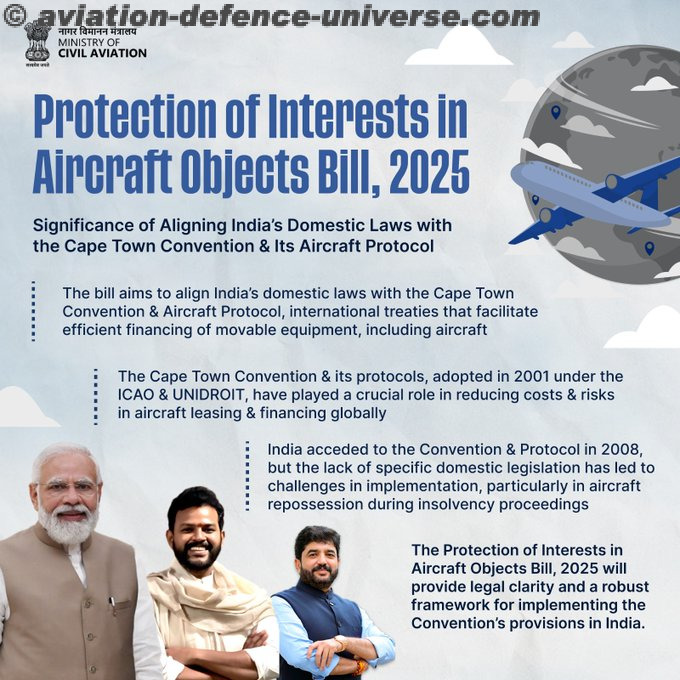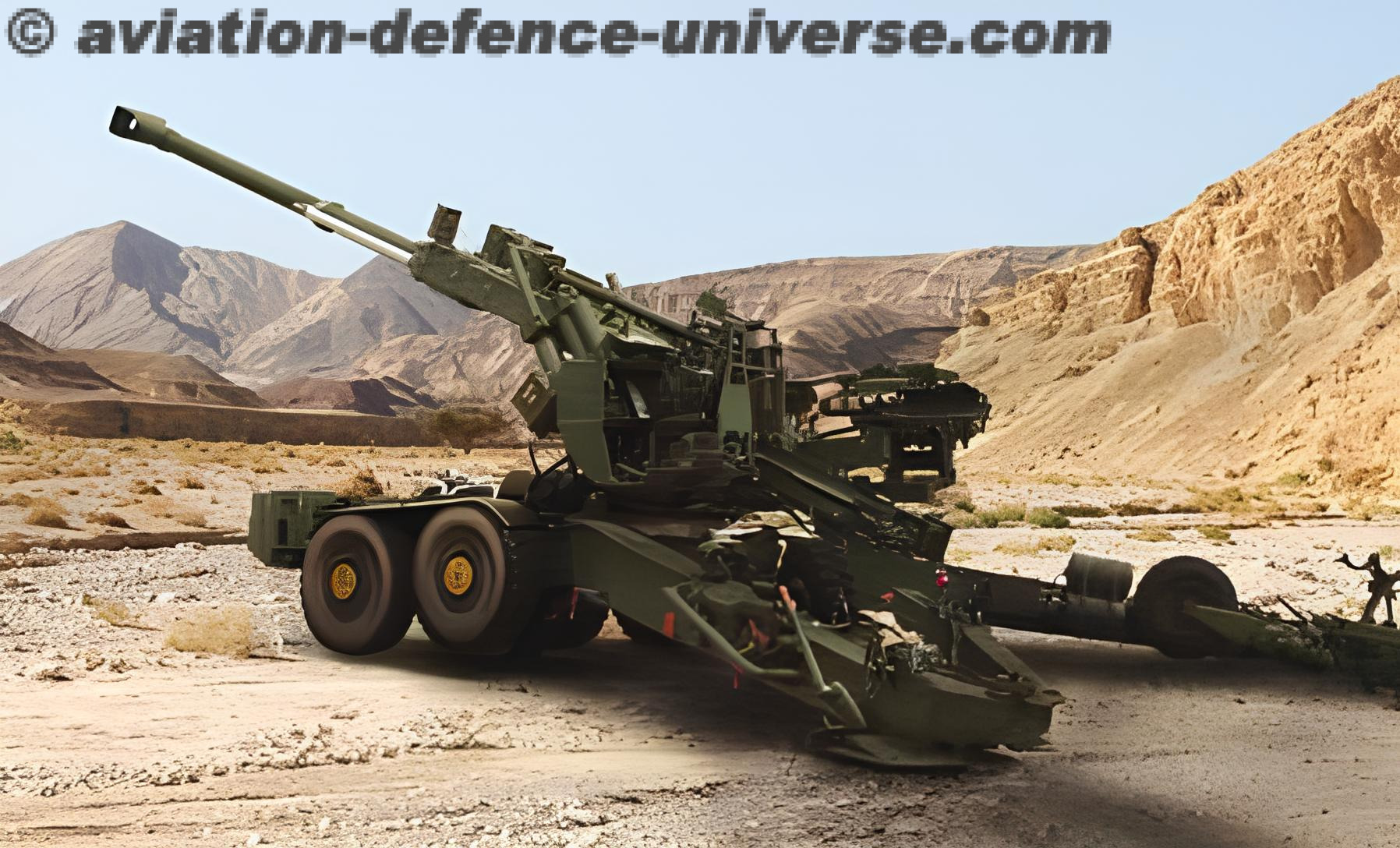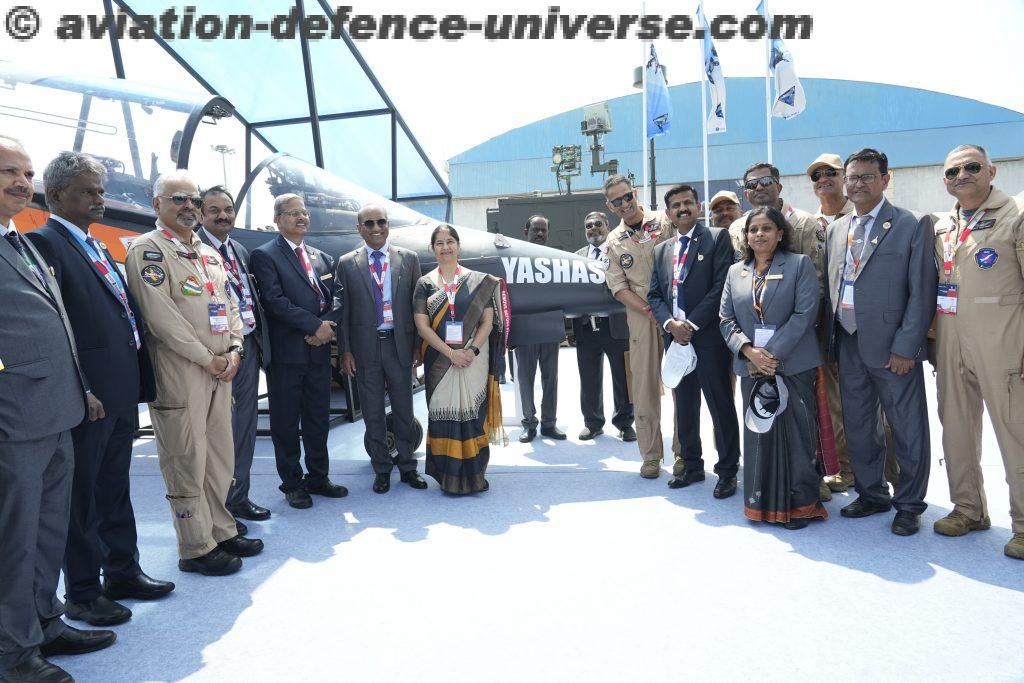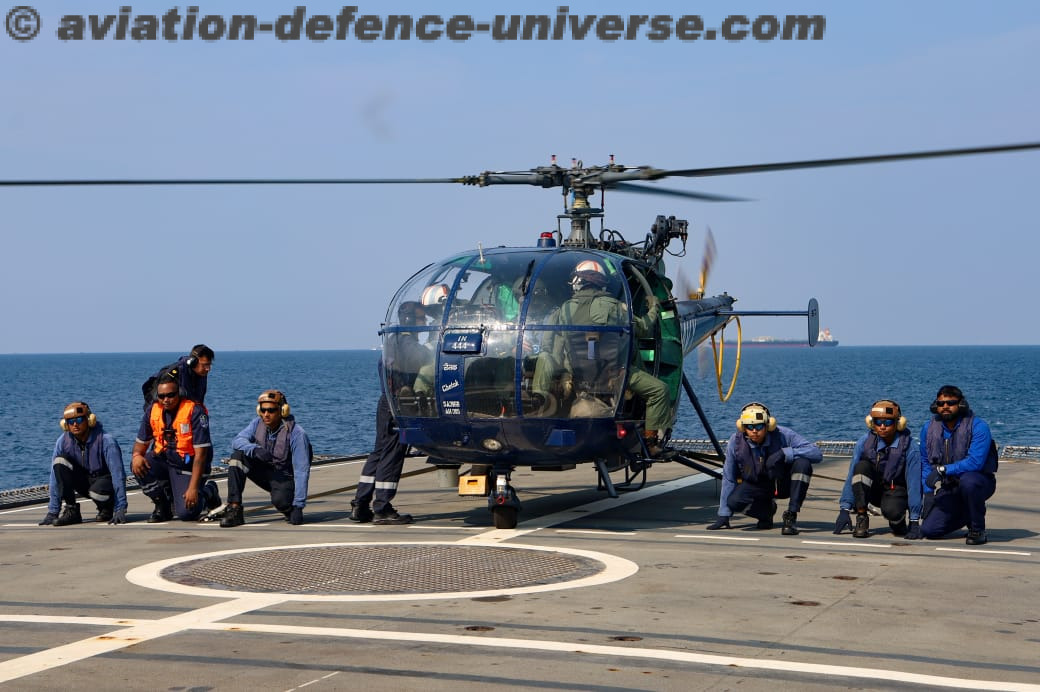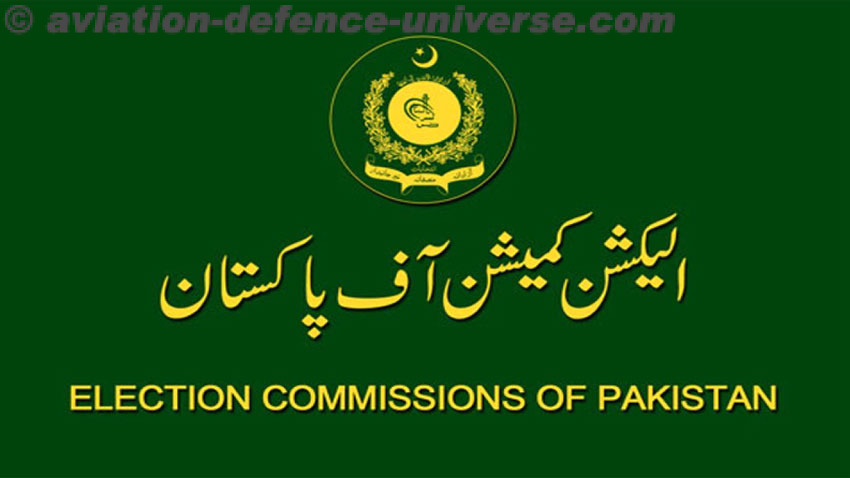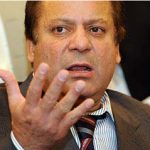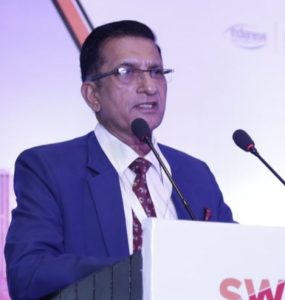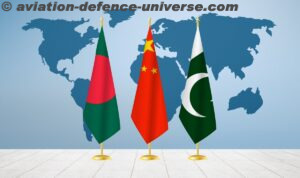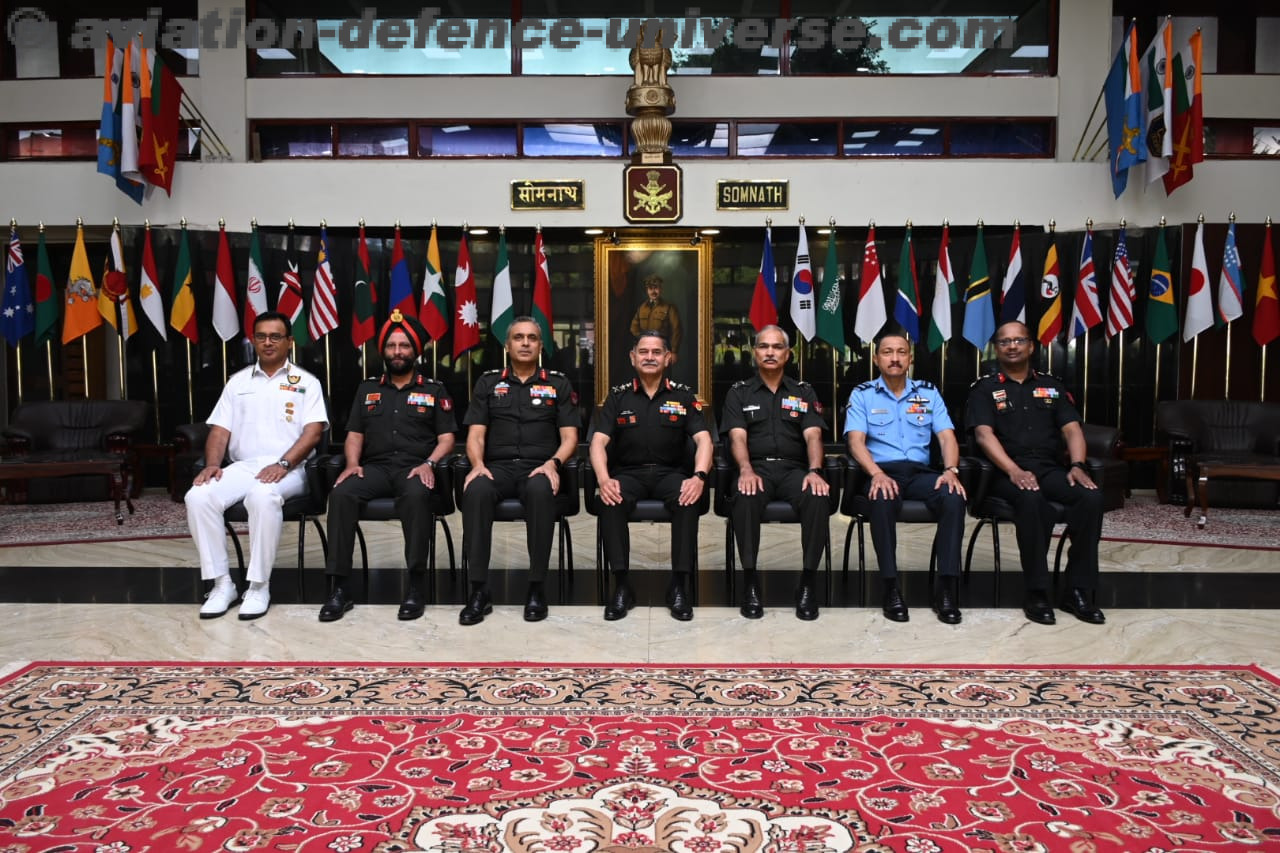- Imran out, Nawaz in, Bhutto legacy wavering
- Army ruling the roost as always
By Jai Kumar Verma
 New Delhi. 5 February 2024. Pakistan will continue with its status quo come what may- is what the world feels. If wishes were horses the beggars would ride and history doesn’t always repeat itself are two adages which fit Pakistan’s political scenario perfectly. On 8th February India’s western neighbour Pakistan will be going to polls for the 14th time. But the million-dollar question is will general elections bring political stability in the country and will its economic woes end? Will the excessive control of the army continue? Imran Khan the former Prime Minister who was courageous enough to criticise army openly in the public is in prison and debarred to contest the elections. On 13th January the Supreme Court of the country denied the “Bat” symbol to Khan’s party Pakistan Tehreek e Insaf (PTI). PTI workers claim that as Imran Khan is most popular political leader in Pakistan hence all-powerful army, judiciary, administration, and election commission connived and ousted Khan and his party from political scene.
New Delhi. 5 February 2024. Pakistan will continue with its status quo come what may- is what the world feels. If wishes were horses the beggars would ride and history doesn’t always repeat itself are two adages which fit Pakistan’s political scenario perfectly. On 8th February India’s western neighbour Pakistan will be going to polls for the 14th time. But the million-dollar question is will general elections bring political stability in the country and will its economic woes end? Will the excessive control of the army continue? Imran Khan the former Prime Minister who was courageous enough to criticise army openly in the public is in prison and debarred to contest the elections. On 13th January the Supreme Court of the country denied the “Bat” symbol to Khan’s party Pakistan Tehreek e Insaf (PTI). PTI workers claim that as Imran Khan is most popular political leader in Pakistan hence all-powerful army, judiciary, administration, and election commission connived and ousted Khan and his party from political scene.
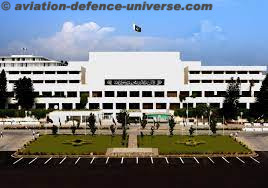 Last general elections were held in 2018, which indicates that current elections are delayed. But this is not for the first time. In past also elections have been delayed, especially General Zia Ul Haq who extended the election deadline more than once. Pakistan National Assembly was dissolved on 09 August 2023, and according to Article 51 of the 1973 constitution, elections should be held within 60 days of the dissolution of National Assembly. Nevertheless, the elections were delayed under the pretext of delimitation of constituencies. The forthcoming elections are held because of Supreme Court’s stern order about conduct of elections. On 5 January 2024 Pakistani Senate passed a resolution that the elections should be postponed due to harsh weather and prevailing law and order problem in Balochistan and Khyber Pakhtunkhwa (KP). Nonetheless Election Commissioner mentioned that as all preparations are complete hence elections should not be postponed.
Last general elections were held in 2018, which indicates that current elections are delayed. But this is not for the first time. In past also elections have been delayed, especially General Zia Ul Haq who extended the election deadline more than once. Pakistan National Assembly was dissolved on 09 August 2023, and according to Article 51 of the 1973 constitution, elections should be held within 60 days of the dissolution of National Assembly. Nevertheless, the elections were delayed under the pretext of delimitation of constituencies. The forthcoming elections are held because of Supreme Court’s stern order about conduct of elections. On 5 January 2024 Pakistani Senate passed a resolution that the elections should be postponed due to harsh weather and prevailing law and order problem in Balochistan and Khyber Pakhtunkhwa (KP). Nonetheless Election Commissioner mentioned that as all preparations are complete hence elections should not be postponed.
Pakistan’s total population is 241.5 million and there are total of 128.5 million voters and National Assembly has 336 seats out of which 266 are general seats while rest are reserved seats for women and minorities. Punjab which is the most powerful and populated province has 141 seats while other provinces like Sindh has 61, Khyber Pakhtunkhwa has 45, Baluchistan has 16 and Federal Capital Area of Islamabad has 3 seats. In this way Punjab has more seats than combination of seats allotted to all the provinces. As PTI candidates would be contesting as independents hence the party would not benefit from 70 reserved seats.
The three-time Prime Minister Nawaz Sharif who was in exile, came back to lead Pakistan Muslim League (Nawaz)-PML(N). The party is popular in Punjab and normal Pakistani feel that Nawaz is a good administrator and can take out the country from the present economic crisis. However, despite corruption charges against him, it is not easy to counter the popularity of Imran Khan and his party. Pakistan People’s Party (PPP) is a centre-left, social-democratic political party was established by charismatic leader Zulfiqar Ali Bhutto and ruled the country several times. Its main base is in Sindh and has support of landlords. Bilawal Bhutto Zardari who was Foreign Minister in the last government has challenged mighty Nawaz Sharif who has the support of army. Bilawal Bhutto is making sincere efforts to gain confidence of the army. He and his father Asif Zardari both are working hard so that PPP gains majority. Bhutto hopes that as PTI leaders are contesting election as independents hence he can get their support once they are elected.
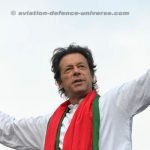
Imran Khan and his party PTI is most popular not only in KP but also in other provinces especially in Punjab. Its popularity enhanced manifold after he propagated that he was dismissed because he dared to criticise army establishment and foreign powers. Pakistani youth particularly unemployed young men and women feel that there is no democracy in the country and defence officers are enjoying while the public is suffering.
There are other small political parties like Muhajir Quami Movement (MQM) which has a support base in Karachi & Sukkur, Jamiat UIema e Islam (JuI-F), Balochistan Awami Party (BAP), The Ishteqam e Pakistan Party (IPP), Pervez Khattak’s PTI (Parliamentarians) etc. These political parties have influence in small areas and would win few seats.
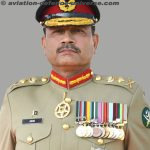
The present army chief General Asim Munir would oppose Khan and his party and would not allow it to come to power. General Munir was removed from the post of Inter Services Intelligence (ISI) chief by Khan when he was Prime Minister. Again, Khan tried his best that General Munir should not become chief of army. Although Pakistan army is a traditional and disciplined army but when General Munir took over there was resentment among army generals. PTI supporters attacked, damaged and looted army installations after the arrest of Khan on a court verdict in Toshakhana case in May 2023. At present Khan is in jail and numerous case were filed against him. Not only army Chief but Qazi Faiz Isa the present Chief Justice of Pakistan is also against Imran Khan. The case under which “BAT” symbol was not given to PTI is cited as an example.
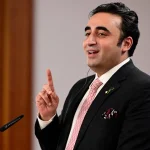 Pakistan’ economic condition remains miserable. The country has minimal savings, less export and high import as well as little tax revenue. Its expenditure on defence is too much and country is maintaining large armed forces which country cannot afford. IMF has released second instalment of loan, but it would not solve the country’s economic troubles. Food inflation is very high and General Munir’s initiative to get assistance from Islamic countries also not worked. GDP growth in Pakistan in 2023 was 0.29% while it was 6% in 2022, unemployment in 2021 was 6.2% while it became more than 8% in 2023.
Pakistan’ economic condition remains miserable. The country has minimal savings, less export and high import as well as little tax revenue. Its expenditure on defence is too much and country is maintaining large armed forces which country cannot afford. IMF has released second instalment of loan, but it would not solve the country’s economic troubles. Food inflation is very high and General Munir’s initiative to get assistance from Islamic countries also not worked. GDP growth in Pakistan in 2023 was 0.29% while it was 6% in 2022, unemployment in 2021 was 6.2% while it became more than 8% in 2023.
Besides economy, security and poor law and order situation in the country is another important issue. Tehreek-e-Taliban Pakistan (TTP) which is also known as Pakistani Taliban are constantly attacking Pakistan security forces. In Balochistan several secessionist groups are active and attacking the security forces. On 29th January, the Baloch Liberation Army (BLA) an important separatist group in Balochistan, attacked Mach & Kolpur complexes in Balochistan in which 15 people were killed including four security personnel. Law and order are worsening in Pakistan. Islamic State is also strengthening itself and it has the support of Islamic radicals.
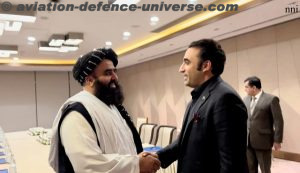 Pakistan’s relations with its neighbours are also tense. Pakistan helped in installing Taliban in Afghanistan and thought that it would control Kabul but now Afghan Taliban are assisting TTP and refused to adhere Islamabad’s request not to help them. Iran and Pakistan conducted aerial attacks on each other’s territory to eliminate terrorists. The relations between India and Pakistan are never cordial. Recently Pakistan’s Foreign Secretary alleged that India is killing Pakistani nationals inside Pakistan. Beijing is upset because Islamabad is becoming closer to Washington DC and according to unconfirmed reports Pakistan attacked Iran on behest of USA. Pakistan jailed Imran Khan and PTI leaders so that PTI cannot come to power to please China. Beijing was angry as its dream project China Pakistan Economic Corridor (CPEC) was more or less stopped by Imran Khan.
Pakistan’s relations with its neighbours are also tense. Pakistan helped in installing Taliban in Afghanistan and thought that it would control Kabul but now Afghan Taliban are assisting TTP and refused to adhere Islamabad’s request not to help them. Iran and Pakistan conducted aerial attacks on each other’s territory to eliminate terrorists. The relations between India and Pakistan are never cordial. Recently Pakistan’s Foreign Secretary alleged that India is killing Pakistani nationals inside Pakistan. Beijing is upset because Islamabad is becoming closer to Washington DC and according to unconfirmed reports Pakistan attacked Iran on behest of USA. Pakistan jailed Imran Khan and PTI leaders so that PTI cannot come to power to please China. Beijing was angry as its dream project China Pakistan Economic Corridor (CPEC) was more or less stopped by Imran Khan.
The Human Right groups as well as national and international monitors are also expressing their doubt about conduct of free and fair elections. Award of 10 years imprisonment to Imran Khan and Shah Mahmood Qureshi for violation of Official Secret Act, not giving symbol to the party and mal treatment to PTI leaders/workers are few examples to show that the elections would not be free and fair. The Director of the South Asia Institute also warned that if PTI’s participation is limited then it would be harmful for the political stability of the country. Pakistan’s English daily Dawn of 1st January 2024 mentioned that “Fears that next month’s general elections will be reduced to an undemocratic farce have gained traction with the seemingly wholesale rejection of PTI candidates at the scrutiny stage”.
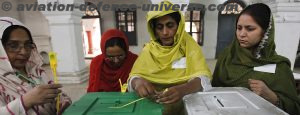 Human Rights Commission of Pakistan already pointed out that there were cases where nomination papers were snatched from the PTI leaders, candidates and their supporters were arrested, and their nomination papers were rejected. The administration is working so that candidates of a particular party win the elections. Journalists were told not to cover PTI candidates impartially. There are reports that news channels were instructed by Pakistan military establishments not to mention PTI in their news, visuals or in graphics. In the current scenario election would be held but it would be rigged and only those candidates would win who have support of the army. Few analysts claim that it would be a selection and not election.
Human Rights Commission of Pakistan already pointed out that there were cases where nomination papers were snatched from the PTI leaders, candidates and their supporters were arrested, and their nomination papers were rejected. The administration is working so that candidates of a particular party win the elections. Journalists were told not to cover PTI candidates impartially. There are reports that news channels were instructed by Pakistan military establishments not to mention PTI in their news, visuals or in graphics. In the current scenario election would be held but it would be rigged and only those candidates would win who have support of the army. Few analysts claim that it would be a selection and not election.
(Jai Kumar Verma is a Delhi-based strategic analyst and member of United Services Institute of India and The Manohar Parrikar Institute for Defence Studies and Analyses. The views in the article are solely the author’s. He can be contacted at editor.adu@gmail.com)













